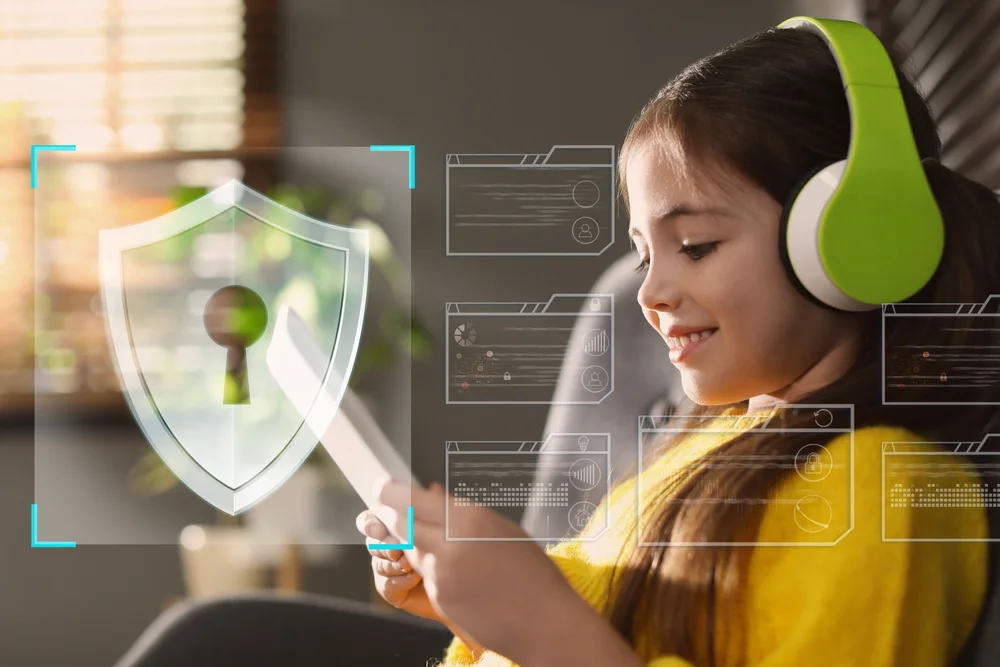In today’s digital world, the line between internet safety and cybersecurity is becoming increasingly blurred. With an average of 2,200 cyber incidents occurring daily, it’s crucial to understand these terms for robust online protection. Internet safety involves guarding against harmful online content, while cybersecurity focuses on protecting data from cyber threats. This post aims to clarify these concepts, offering insights to both individuals and businesses on safeguarding their digital presence in 2024.
What Is Online Internet Security and Its Impact on You?
Online internet security is vital for protecting personal and business data from cyber threats. Astonishingly, 300,000 new malware pieces emerge daily, mainly via emails. The global market for Security as a Service (SECaaS) is projected to exceed $22 billion by 2026. This security applies to all internet users, requiring strong passwords, two-factor authentication, and updated security patches. Businesses must further fortify their data with firewalls, encryption, and regular security audits.
Understanding Cybersecurity
Cybersecurity is essential for protecting computer networks, managed by IT specialists using advanced systems and encryption. Despite its complexity, effective cybersecurity is attainable through Managed Service Providers, offering expert network security at a cost-effective rate.
Key Cybersecurity Jargon and Concepts
With hacking incidents occurring every 39 seconds, understanding cybersecurity jargon is crucial. Terms like data breaches, malware, backups, and cloud storage are essential in the digital vocabulary, helping users navigate the cyber world safely.
The Critical Role of Cybersecurity Today
In an interconnected world, cybersecurity is paramount. It involves protecting personal information across various devices and accounts. Parental controls, cybersecurity education for teens and seniors, and awareness of online scams are vital components of comprehensive digital safety.

Seven Essential Cybersecurity and Internet Safety Tips
- Use strong, updated passwords and consider using a password manager.
- Be cautious with personal information on online platforms.
- Secure physical devices with passwords and biometric locks.
- Enable automatic software updates for security enhancements.
- Exercise caution with public wifi and secure home networks.
- Use two-factor authentication for additional security.
- Regularly back up data to external drives or secure cloud services.
Smart Logic Solutions: Your Partner in Cybersecurity
At Smart Logic Solutions, we integrate internet safety and cybersecurity into our software development processes. Through stringent testing, continuous training, and robust emergency response plans, we ensure the security and reliability of our software solutions. Contact Smart Logic Solutions for expert guidance in navigating the complex landscape of internet safety and cybersecurity.
